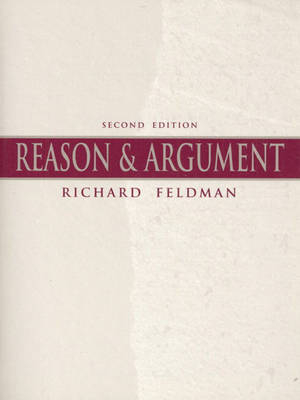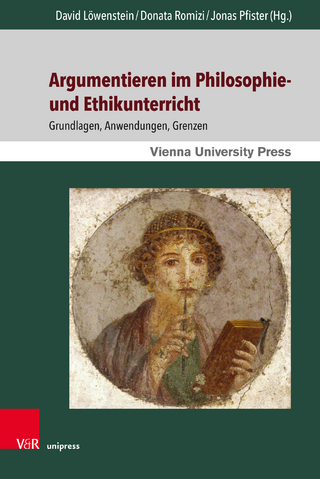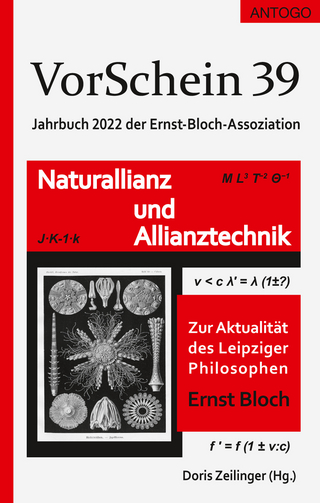
Reason & Argument
Pearson (Verlag)
978-0-13-624602-2 (ISBN)
- Titel erscheint in neuer Auflage
- Artikel merken
( NOTE: Each chapter concludes with a Summary.) I. CONCEPTUAL FOUNDATIONS.
1. Introduction.
Arguments. Reason, Rhetoric, and Argument Analysis. The Ways People Deal with Arguments. Impediments to Good Reasoning.
2. Truth and Rationality.
Uses of Language. Truth and Correspondence to the Facts. Rational Belief.
3. Well-Formed Arguments.
Argument Analysis. Well-Formed Arguments. Validity, Cogency, and the Truth Value of Premises.
4. Strong Arguments.
Deductive Strength. Inductive Strength.
II. THE METHOD OF ARGUMENT ANALYSIS.
5. Reconstructing Arguments.
Argument Reconstruction and the Principle of Charity. Distinguishing Arguments from Non-Arguments. Identifying Premises and Conclusions. General and Specific Premises. Adding Implicit Premises.
6. Details of Argument Reconstruction.
Improper Wording. Missing Premises. Including Unnecessary Premises.
7. Evaluating Arguments.
Basic Rules of Argument Evaluation. Evaluating Specific Types of Premises. Argument, Analysis and Problems of Meaning.
III. APPLICATIONS.
8. Arguments and Testimony.
The Role of Testimony. Testimonial Arguments. Premises and Testimony.
9. Statistical Arguments and Predictions.
Past to Future Arguments. Simple Statistical Statements. The Standard Pattern for Survey Arguments. Evaluating Survey Arguments. Correlations.
10. Causal Arguments.
Causal Statements. The Meaning of General Causal Statements. Knowledge of General Causal Statements. Analyzing Causal Arguments. Common Errors in Causal Reasoning.
11. Moral Arguments.
Moral Propositions. Morality, Rationality, and Truth. Analyzing Moral Arguments. Common Problems in Moral Reasoning.
12. Extended Examples.
The Abortion Debate. Mathematical Reasoning Ability.
Appendix A. The Steps of Argument Analysis.
Appendix B. Principles, Definitions, and Patterns of Argument.
Appendix C. Answers to Selected Exercises.
Glossary.
| Erscheint lt. Verlag | 12.6.1998 |
|---|---|
| Sprache | englisch |
| Maße | 181 x 231 mm |
| Gewicht | 650 g |
| Themenwelt | Geisteswissenschaften ► Philosophie ► Logik |
| ISBN-10 | 0-13-624602-8 / 0136246028 |
| ISBN-13 | 978-0-13-624602-2 / 9780136246022 |
| Zustand | Neuware |
| Haben Sie eine Frage zum Produkt? |
aus dem Bereich


